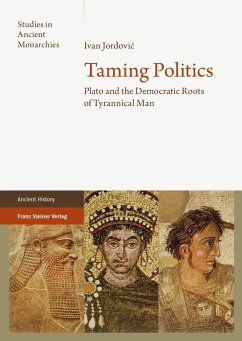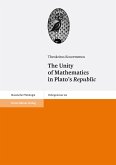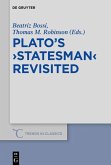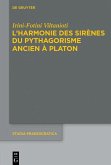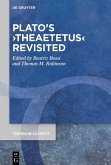Plato is often reproached for having a distorted view of democracy due to prejudice and an elitist philosophical approach. Such objections are not utterly groundless, but they miss the gist of the matter. One of the main aims of this study is to show that, while conceiving his critique of democracy, Plato has a clear perception of its development and elements. A further objective is to demonstrate how he draws on democratic ideology to advance his own political theory. Accordingly, this e-book will expose numerous intertextual connections of Plato with other authors of this epoch. The first and greater part of this study reveals how in the 'Gorgias' Plato gives a detailed account on the process of democratic man's transformation into tyrannical man. The second part examines the parallels between this dialogue and the 'Republic'. Thus, Plato's intimate knowledge of democratic ideology shows that his criticism of phenomena such as absolute freedom, demagoguery (populism), glorification of power, traditional politics etc. remains relevant.
Ivan Jordovi? is Professor of Ancient History at the University of Novi Sad. His primary research subjects include Greek history and political thought.
Dieser Download kann aus rechtlichen Gründen nur mit Rechnungsadresse in A, B, BG, CY, CZ, D, DK, EW, E, FIN, F, GR, HR, H, IRL, I, LT, L, LR, M, NL, PL, P, R, S, SLO, SK ausgeliefert werden.

